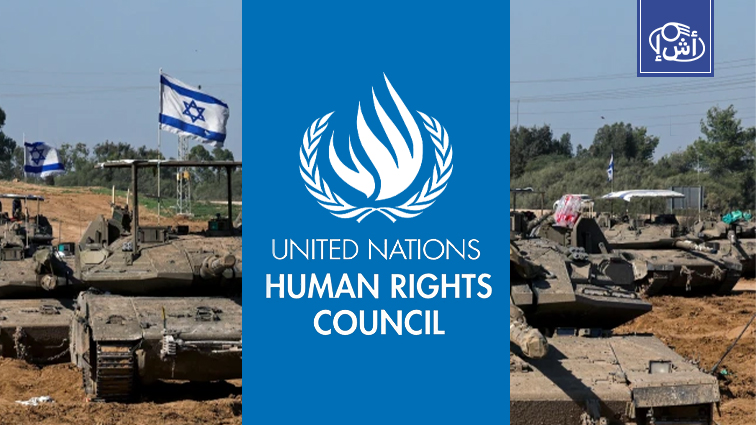The UN Human Rights Council has called for an end to arms sales to Israel over the Gaza war, warning of the risk of “genocide” against Palestinians.
This is the first position taken by the Human Rights Council on the ongoing conflict since October 7, but despite the intensity of statements on Israel, the Council does not have binding means to enforce the implementation of its resolutions.
“Everyone must wake up and put an end to this genocide,” Palestine’s permanent representative to the UN, Mohammed Khreisheh, said before the vote, noting that the time allotted to him to speak would not be enough to enumerate all the atrocities taking place in the Gaza Strip.
For her part, Israel’s ambassador to the United Nations, Merav Shahar, considered that “the vote in favor is a vote in favor of Hamas, a vote to legitimize and encourage Palestinian terrorism, a vote to undermine Israel’s right to defend itself.”
South Africa, which is actively working for the International Criminal Court to establish genocide against the Palestinian people, denounced the double standards.
Twenty-eight of the 47 council members voted in favor of the resolution, six against, including the United States and Germany, and 13 abstained, including France, India, and Japan.
France’s U.N. Ambassador Jerome Bonavon said his country abstained because the reference to genocide could not be “included in a text the size of a resolution of this Council without the designation approved by a competent judicial authority.”
US Ambassador Michelle Taylor condemned the Jewish state, saying that “Israel has not done enough to mitigate the harm to civilians,” but ultimately voted against the text because of “many problematic elements,” especially the lack of a clear condemnation of Hamas.
“All states must stop the sale, transfer and delivery of weapons, ammunition and other military equipment to Israel to prevent new violations of international humanitarian law and violations of human rights abuses,” the resolution said.
Analysis – Do internal changes in South Africa affect its position on the Palestinian-Israeli conflict?
